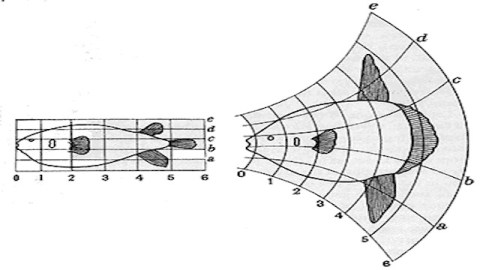Can Evolution Be As Certain as 2+2?

Mathematical proofs feel both beautiful and inevitable. Once you understand a proof of, say, the Pythagorean theorem, you can be sure this knowledge won’t be contradicted by any future discovery nor changed by any new insight. So you can use your knowledge to measure distances or map people’s Netflix tastes with utter confidence. Unsurprisingly, as I heard the cosmologist Mario Livio say recently, “most working mathematicians are Platonists”—convinced their proofs and concepts exist independently of the human race, eternally out there, waiting to be discovered.
Biology isn’t like this. Evolution is accepted as the fundamental theory of life because, well, we see evidence of it all around us. Not because it has been irrefutably, mathematically proved. Does this matter?
Gregory Chaitin thinks it does. In fact, he has said, “it is scandalous that we do not have a mathematical proof that evolution works!” Hence one of his ongoing intellectual quests, described engagingly in this talk: The development of “metabiology.” Metabiology is to be a model of life that will let researchers “represent mathematically the fundamental biological principles of evolution in such a manner that we can prove that evolution must take place.” Metabiology is to relate to real life forms the way a mathematician’s perfect sphere relates to a blood cell or a fish egg. “I am trying to find the Platonic ideal of evolution,the archetypical behavior, not the messy version that takes place in the real world!”
A Euclidean version of evolution would be a powerful tool. For one thing, I think it would settle the question of whether we’ll find life beyond Earth (because we’d know that life must evolve under x and y conditions the way we know that two parallel lines can never meet). For another, it would let the human race reduce the scope of its ignorance. With irrefutable proof, we can be sure of what we know about evolution. Without it, we’re like Europeans who used to think all swans were white. We can’t be sure there isn’t a black swan out there somewhere. With proof, we would be.
But, um, among the most important mathematical proofs of the 20th century are Kurt Godel’s two incompleteness theorems, which showed, first, that any mathematics with whole numbers will contain unprovable propositions, and, second, that it’s impossible to prove that such a system is free of self-contradictions. Accepting those proofs seems to require accepting that we can’t be sure of mathematics after all. Chaitin wrestles interestingly with Gödel’s theorems here. Platonists (who included Gödel) are convinced mathematics can’t have a Black Swan problem. But the debate is open.





